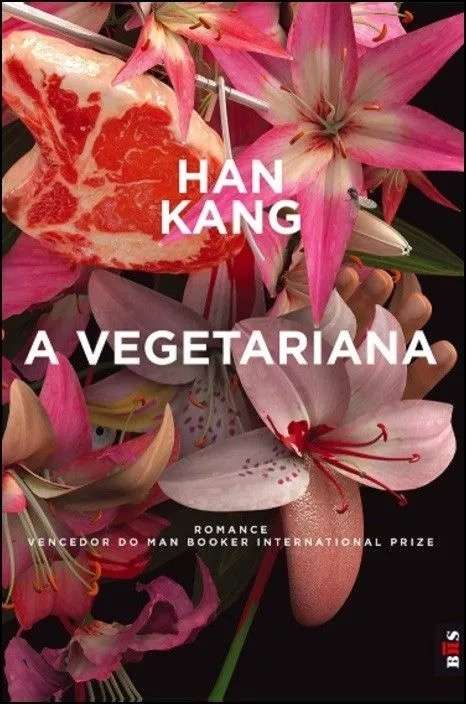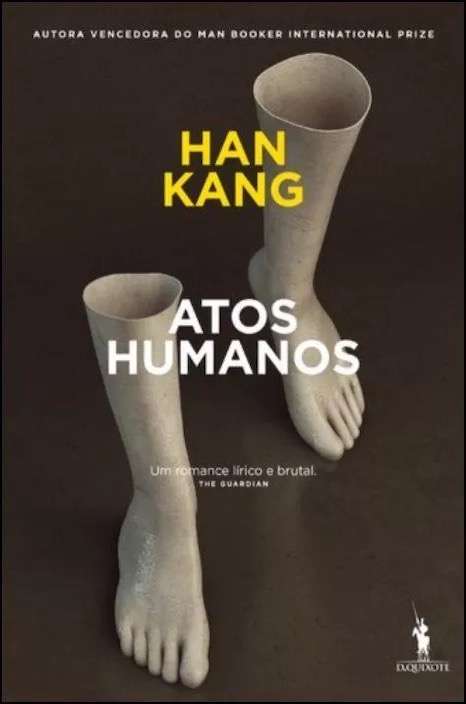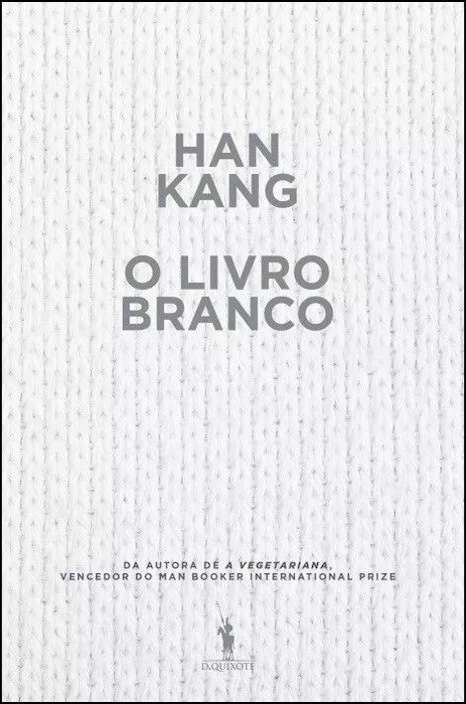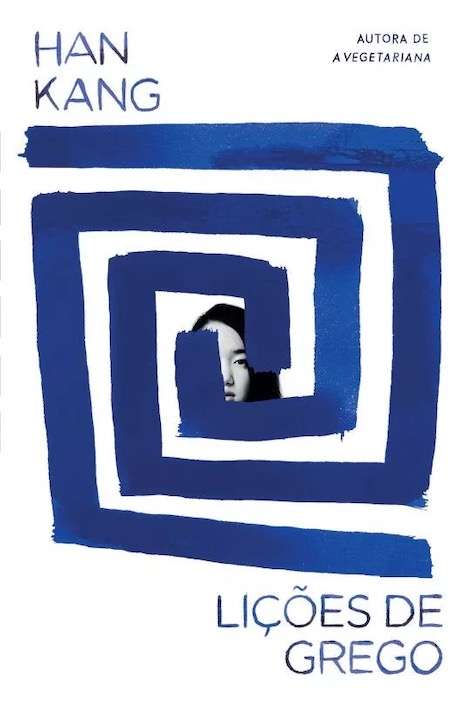Not being, for now, something that is on every shelf in Portugal, Han Kang is not exactly unknown. When the Nobel announcement was made in Stockholm, the South Korean author already had four publications in the country, all under the Don Quixote label.
Born in Gwangju, South Korea, in 1970, the author received the highest award in world literature this week. She is the first South Korean author to receive it, and the fifth Asian, after Yasunari Kawabata and Kenzaburo Oe (Japanese) and Mo Yan and Gao Xiangjian (Chinese). At the time of the award ceremony, Mats Malm, permanent secretary of the Swedish Academy, highlighted the “intense poetic prose, which confronts historical traumas and exposes the fragility of human life.” Anders Olsson, poet and critic, who summarized Kang’s literary career in Stockholm, highlighted the intersection of various artistic areas, such as visual arts and music, in the territory of writing.
The poetic tone of the prose, the human drama and the stylistic breadth are, therefore, the reasons that motivate the decision of the Nobel Committee. Without other hypotheses on the table, let’s look at the books already published in Portugal, which, it is true, show an astonishing stylistic and thematic versatility.
“The Vegetarian”
In 2016, translated by Maria do Carmo Figueira, he published D. Quixote The vegetarian. It was the author’s first international success, whose translation into English won the Man Booker International Prize in 2016, gaining ground over authors such as Elena Ferrante or Orhan Pamuk. This paved the way for the author to become even more international. This book, which catapulted Han Kang to shelves around the world, had weight in the decision of the Nobel Committee, which considers that it “poetically portrays” the consequences of the protagonist’s decision.

This banal woman, upon waking up from a grotesque dream, decides to stop eating meat. The metaphorical prose also conveys this same woman’s rebellion against the way she is seen by her husband, who relegates her to a secondary space within the house and the relationship, granting her the role of utensil and sexual object. The vegetarian It thus addresses issues of freedom, silent humiliation and physical and psychological violence. It already demonstrates the author’s appreciation for topics that, even out of public view, can go unnoticed.
“Human acts”
In 2017, the translation of human acts. That same year, the author came to Portugal, attending the Porto Book Fair. The narrative comes from a horrendous episode that occurred in Gwangju, where Kang grew up. In 1980, South Korea was ruled by Chun Doohwan, successor to Park Chung-hee, the dictator assassinated a few months earlier. The new government imposed greater repression than the previous one, prolonging martial law, controlling the press and restricting freedom of expression. Across the country, students rebelled against this and against closed universities. In Gwangjiu, the repression was so violent that the local population joined the students, creating militias that expelled the authority’s forces from the city. The problem is that the army returned days later, and this culminated in one of the country’s worst massacres, with thousands of people killed in pro-democracy demonstrations. Here, Kang saw the massacre from the inside, telling the story of Dong-ho, a boy who followed his best friend to the demonstration: when he heard gunshots, he let go of his hand and ended up looking for him among the corpses. .

Brutality, therefore, is breathed on every page of the novel, which describes who lost their lives and who were tortured in prison and who, after the horror and after years, could not mention the subject again. In this novel, Kang revisits one of the most tragic episodes of recent decades in South Korea, giving life in literature to what life has hidden. And, based on characters who take us seriously, we create a direct and empathetic relationship with the reader. The violence portrayed, of frightening crudeness, and the other side of the coin, the wave of solidarity among the citizens who, standing up, helped the fallen, help a lot. It is a novel that sheds light on humanity in dark times, contrasting the movement of holding hands with the movement of using them to hit.
“The White Paper”
In 2019, the Portuguese translation of The White Book was published. So different from the novels mentioned above, it would be central to the decision of the Nobel Committee, which highlighted its “poetic” character and its “secular prayers.” That is, more characteristics that show, in the opinion of those who made the decision, the stylistic breadth and narrative diversity of Kang’s work.

In this book, the author writes about white things, literally white things, like salt, rice or the moon. It is a largely metaphorical narrative, in which the idea of white alludes to an idea of purity. Narration, however, is not a mere enumeration of objects, but rather the relationship of a non-relation. Kang tells the story of her own mother, who lost her first daughter two hours after giving birth. The suffering of the baby’s parents also affects the readers, who then follow the axis of the new daughter’s relationship, which perhaps would not have existed if the first had survived, with the idea of the first. With lyrical slowness, Kang addresses the absence of his dead sister in an environment that is also bare: a city embraced by the cold of snow, with buildings destroyed by bombings during World War II.
“Greek lessons”
Published in Portugal last year, Greek lessons It is Kang’s latest novel to arrive here. And here we have a different narrative from the previous ones, with the love story between a woman who can no longer speak and her ancient Greek teacher, who is about to go blind. The novel ends up being a reflection on loss, since, in addition to their abilities, both have other pains: the woman recently lost her mother, as well as custody of her son; The man, in addition to being on the verge of losing his autonomy, was abandoned by his father and lives divided, disconnected, between the two cultures of the countries in which he grew up, South Korea and Germany, so different from each other. other.

It is these problems that create the empathic relationship and push them towards each other, seeking intimacy where certain senses fail. The story of the man and the woman is told in turns, with different techniques: his is in the first person, addressing the women in his life; his is third-person omniscient.
“Impossible goodbyes”
This year, according to information from the publisher, the novel impossible goodbyesthe latest from the award-winning author. Last year, this novel was the winner of the Medici Prize. With such a varied list of novels, and with the Nobel seal at the top, this novel will be eagerly awaited.
Source: Observadora
